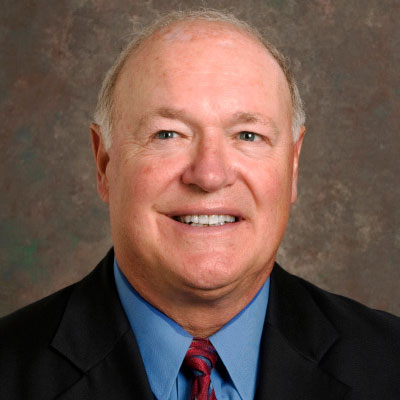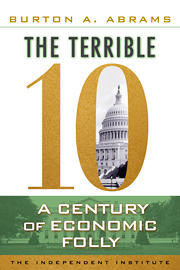The War on Drugs is an unmitigated failure. Those who support that war might recall Prohibition, a similar deployment of government paternalism, which was wisely repealed 80 years ago this month.
Prohibition was the result of misnamed “temperance” crusaders who sought to outlaw the manufacture, transportation, and sale of alcoholic beverages. On January 16, 1920, they got what they wanted in the 18th Amendment.
Prohibition temporarily lowered alcohol consumption in the early and mid-1920s. The “noble experiment” not only failed to alleviate the various ills decried by prohibitionists but succeeded in making most of them worse.
Prohibition cost tens of thousands of jobs in the brewery and distilling industry, adding to recessionary forces in 1920 and 1921. It encumbered the public with startling new burdens for enforcement and jails to hold those convicted, while simultaneously eliminating an important source of tax revenue.
Prohibition corrupted politics, public servants, and public morals, and lowered public respect for the law. It undermined the liberties and institutions on which the nation was founded. It promoted the killing, wounding, and poisoning of thousands.
Prohibition did succeed in creating and enriching a vast criminal class. It is hard to imagine a more disastrous social and economic policy, but the ongoing War on Drugs is certainly a contender.
President Richard Nixon declared the War on Drugs in June of 1971 and duly increased the size, presence, and power of federal drug agencies. The federal government has maintained the war for 42 years—three times as long as Prohibition—with similar results.
Illegal drugs are still relatively cheap and widely available. Drug prohibition has enriched a violent criminal class and hastened the spread of deadly diseases like AIDS and hepatitis. Drug prohibition has increased the crime rate, inflicting incredible violence, including drive-by shootings that injure or kill innocent people.
Drug prohibition has also created an enormous tax burden, both to fight the war and keep about a million people in prisons. The War on Drugs costs about $88 billion a year or $380 per adult per year, a significant amount even by federal standards but far from the only costs.
The War on Drugs has destabilized foreign governments and created a general disrespect for the law. Recall that presidents Bill Clinton and Barack Obama—among many other high-profile individuals—have used illegal drugs.
Medical science has shown some health benefits for marijuana, but the federal government denies those benefits and keeps cannabis in a restricted category. Colorado and Washington State have legalized marijuana for recreational use whereas states such as California and others permit medical marijuana.
None of that, nor drug legalization in countries such as Portugal and Switzerland, have prompted the federal government to call a truce in the War on Drugs. A recent poll found that about 75 percent of U.S. adults think the war is a failure, and they have a strong case. So why does the war continue?
As President William Howard Taft noted, “No tendency is quite so strong in human nature as the desire to lay down rules of conduct for other people.” So government does that because it can, as in Prohibition. Unlike potential producers of alcohol, dealers and users of prohibited substances wield little or no political clout.
If the War on Drugs routinely led to the arrest and imprisonment of rich, politically connected Americans, it would have been abandoned or scaled back decades ago. Another reason it continues is because federal agencies have a financial stake in the conflict. The DEA, for example, needs to preserve its budget of nearly $3 billion, and that is only one agency.
Legislators of the 1930s had the common sense to recognize the failure of Prohibition and the courage to repeal it. Likewise, President Obama and Congress should end the War on Drugs. An embattled American public just might thank them for it.








